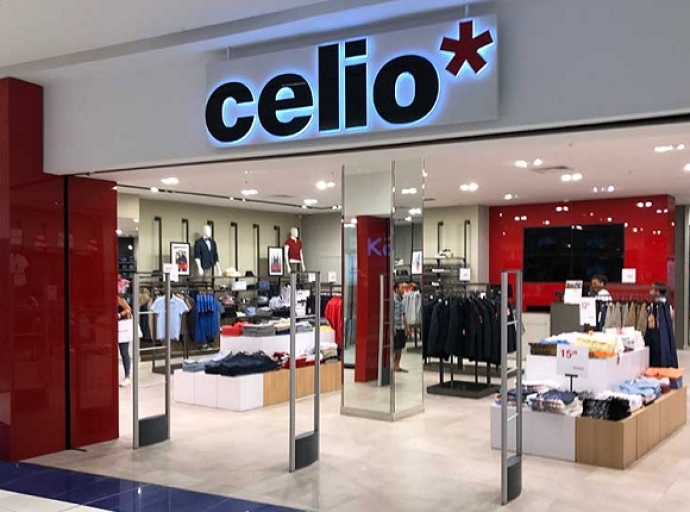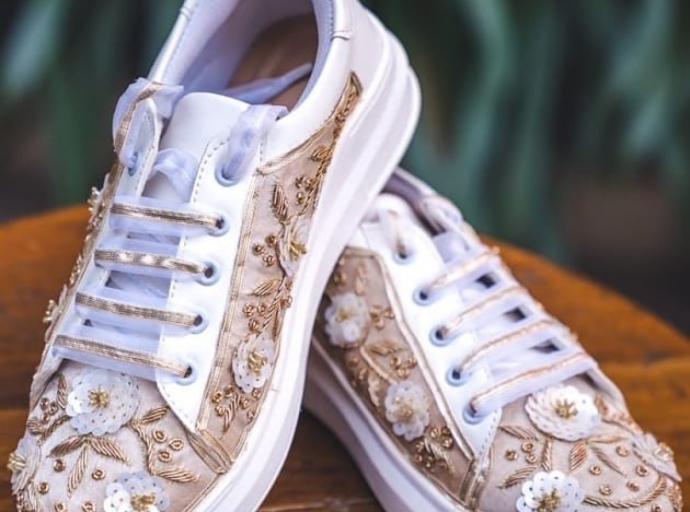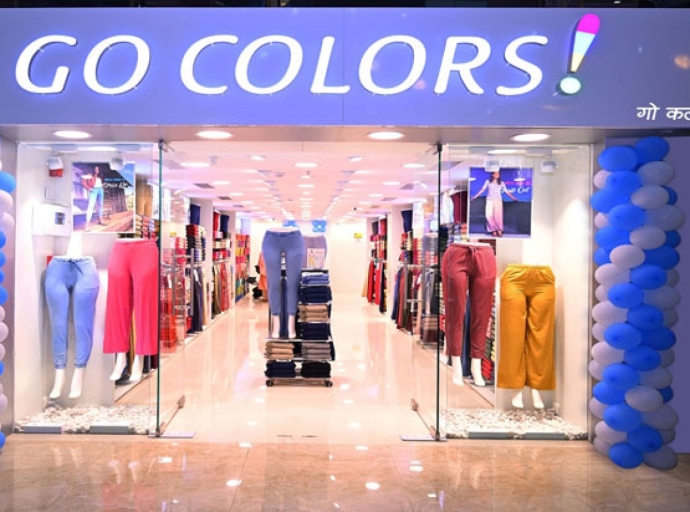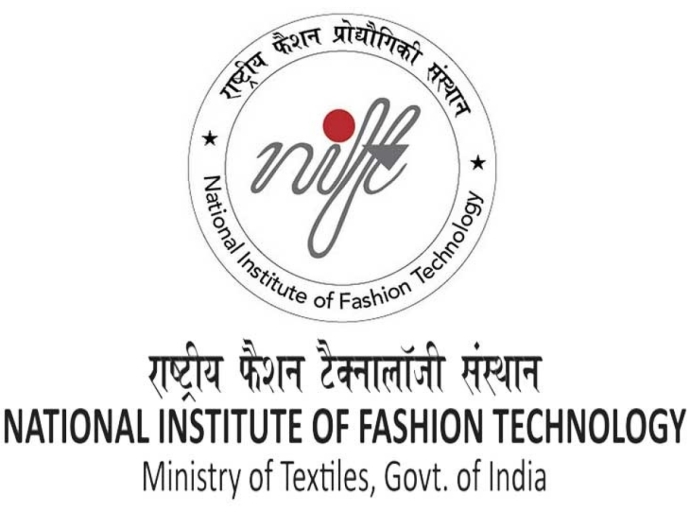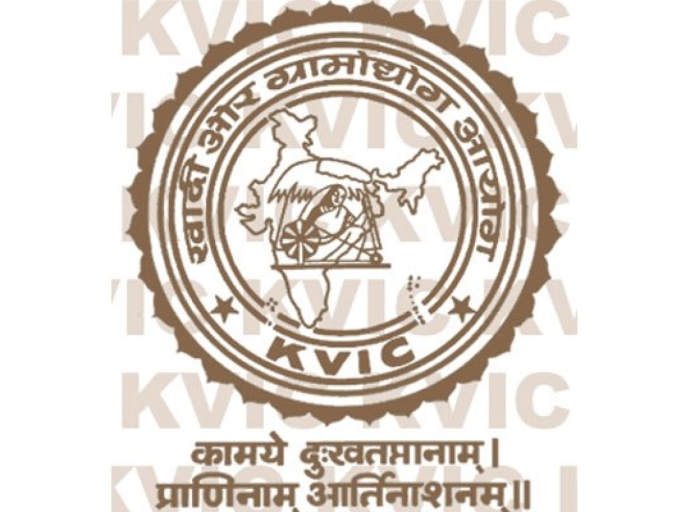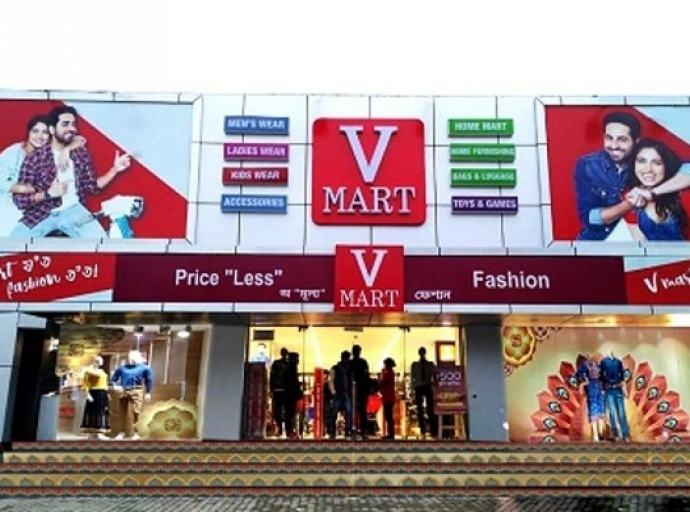Popular French men’s ready-to-wear brand Celio Future Fashion addresses customers’ innovation needs through multiple initiatives across different categories. Launched in India in 2010, Celio introduced innovative fabrics, styles and fits through its collections. Some of its latest innovations include: jeans that don’t fade; soft denims; water repellent jeans; new blends and techniques; sustainability. Satyen P Momaya, CEO, elaborates on new offerings and future expansion plans.
What is your new collection all about?
Inspired by nature, our A/W’21 collection focuses on new innovations and trends. It highlights the importance of sustainability with its new color blends, fittings and designs. The denim range has been sourced from best mills across the world while the trousers range is styled as per athlesiure demands. The shirts range offers new fabric blends and knitwear has been styled with new collaborations and licenses.
Could you trace the brand’s journey?
Celio was founded as a men’s ready-to-wear brand in 1985 in France. The brand has over 1,330 stores in 46 countries. We are a leading brand in France with 83 per cent assisted awareness. Our stores in France record 56 million visitors per year while the e-commerce site is visited 1.5 million visitors annually.
In India, Celio has over 700 stores along with a strong digital presence across own and leading e-commerce portals. The target is male customers in the age group 25 to 35 years across premium and super premium categories.
What is your take on value engineering in present times?
Value engineering is the need of the hour as input costs have increased and lead times reduced. The industry alongwith all stakeholders need to adapt digital platforms to forecast future demands.
What are the key fabric trends for the season?
Cotton remains the key fabric. However, a lot of new blends have been launched including Tencel, modal, lyocell, viscose and poly blends. Moreover, there is growing demand for abstract and floral prints on light base.
What is your retail footprint in India?
We are present across all metros and Tier I cities in India. Our retail spread includes 67 EBOs and a presence in over 700 MBOs. Currently, we are focusing on large format stores and shop-in shops besides expanding our EBO network. All retail channels hold equal importance for us and we aim to expand our presence online.
Your future plans?
We aim to reduce lead time and achieve faster turnaround in production. We will continue to expand our ominchannel strategy with greater focus on personalization. Our existing product portfolio will be expanded with the addition of athleisure as a new category.

